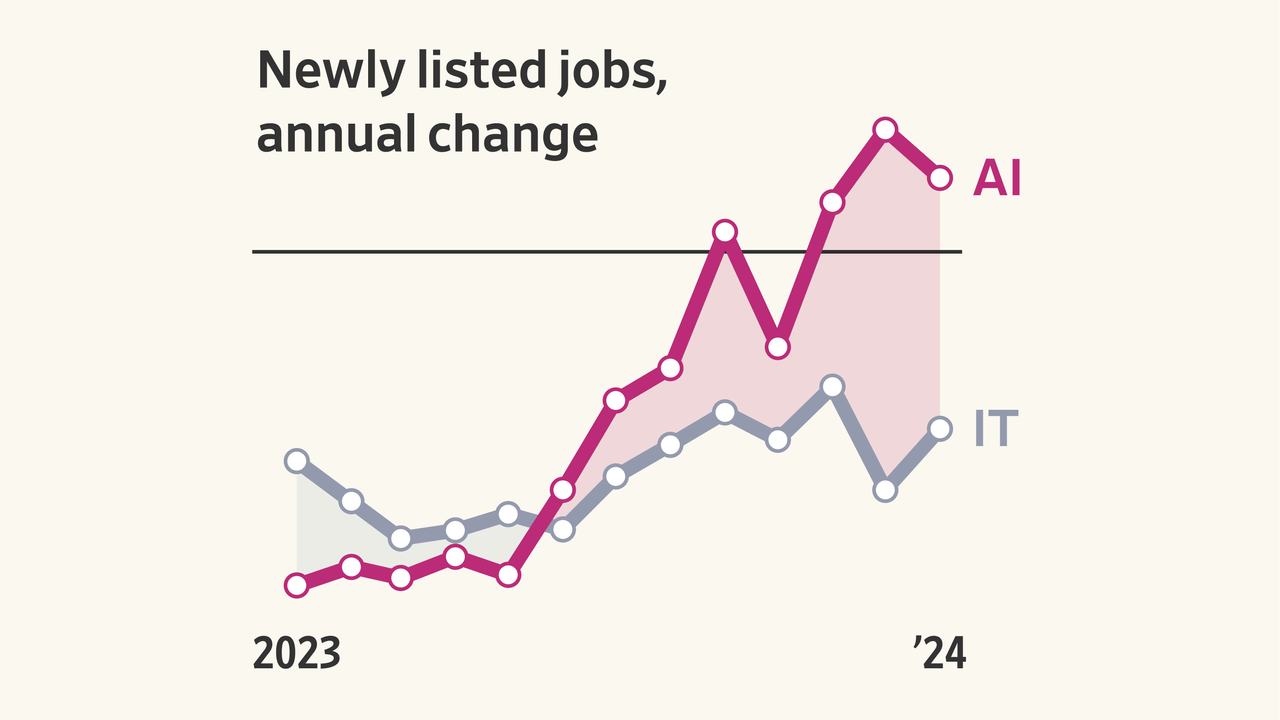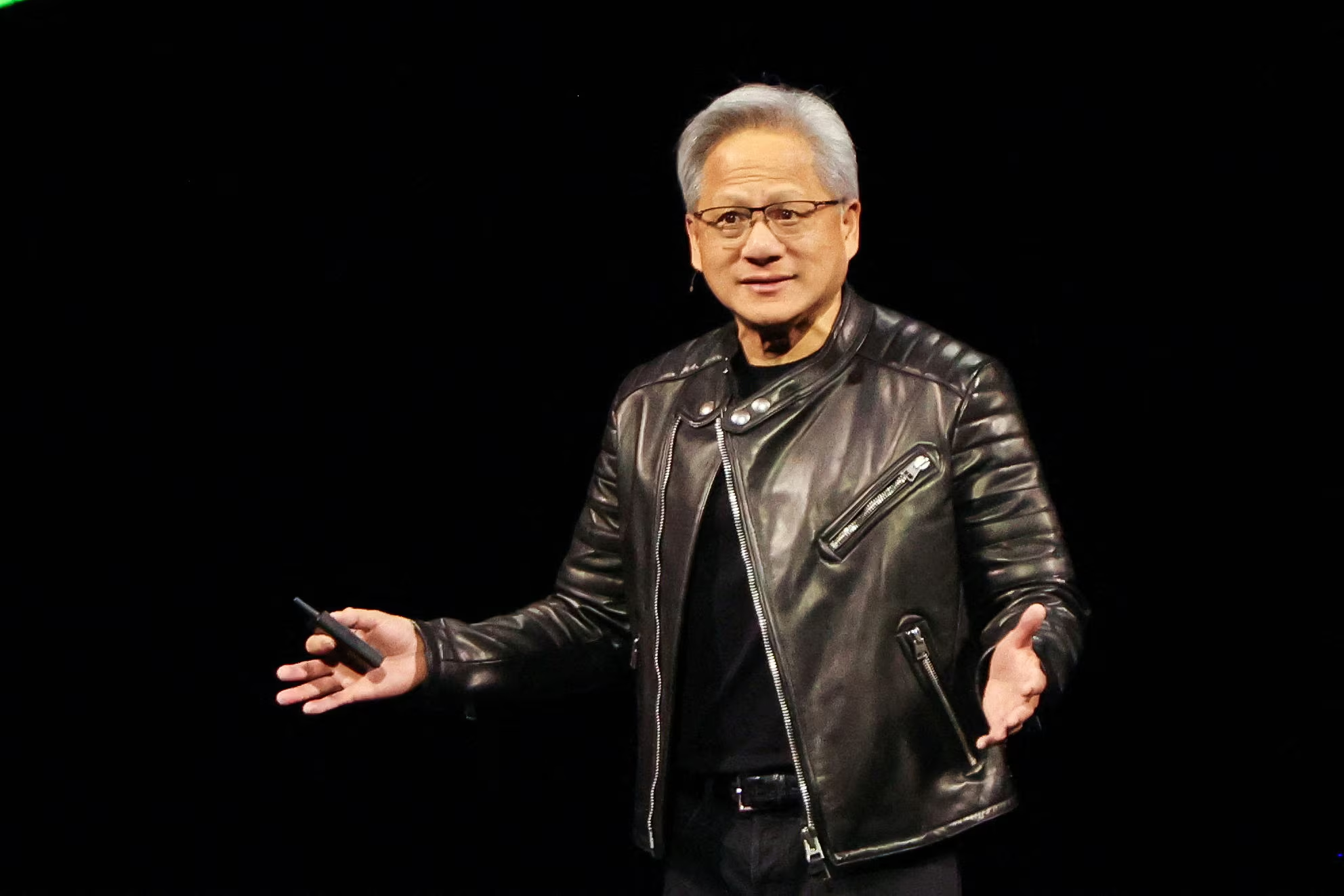China’s BYD, the leading global seller of battery-powered cars, is reportedly planning to cease the production of pouch-type batteries used in its bestselling hybrids due to concerns related to durability and potential leaks. The decision follows the company’s move to convert production lines in two factories to manufacture prismatic batteries instead. While BYD continues to produce pouch-type cells in a third factory to minimize disruptions, it aims to completely phase out pouch cells by early 2025. The shift in battery technology is driven by worries about the higher likelihood of pouch-type batteries leaking electrolytes, which could pose safety risks, according to sources familiar with the matter.
BYD, backed by Warren Buffett’s Berkshire Hathaway, has not provided an official comment on the reports. The company’s decision sheds light on the challenges it faces in its domestic market, particularly concerning its hybrid vehicles, amid efforts to expand globally and compete with companies like Tesla. Rival automakers, including Volkswagen, have previously highlighted risks associated with pouch-type batteries, emphasizing concerns about potential thermal runaway incidents. BYD faced a recall in 2022 for over 60,000 Tang DM-i hybrids that utilized pouch-type batteries, citing a defect that could lead to thermal runaway.
While no reported cases of battery leakages from BYD cars have surfaced, the company and industry experts express concerns about the vulnerability of pouch-type batteries to leaks. The move to prismatic batteries, considered less prone to such risks, aligns with BYD’s efforts to address safety concerns and enhance the overall performance of its hybrid vehicles.
It’s important to note that BYD’s decision also reflects broader industry trends, with other automakers, including Tesla, expressing reservations about the use of pouch-type batteries. Pouch-type batteries are lighter but face challenges related to corrosion and potential vulnerabilities in crash scenarios. BYD plans to replace the pouch batteries in its plug-in hybrid electric vehicles (PHEVs) with a specific type of prismatic battery known as “Short Blade.” The company sold 98% of its hybrid cars domestically in 2023, and this shift in battery technology aims to enhance safety and reliability for its PHEV models, primarily sold in the Chinese market.
The financial impact of this production shift on BYD remains unclear, but the company’s move aligns with its commitment to self-developed technologies and addressing safety concerns associated with its hybrid vehicles. The transition to prismatic batteries reflects BYD’s focus on sustainable growth and its ambitions in the evolving electric vehicle market.



